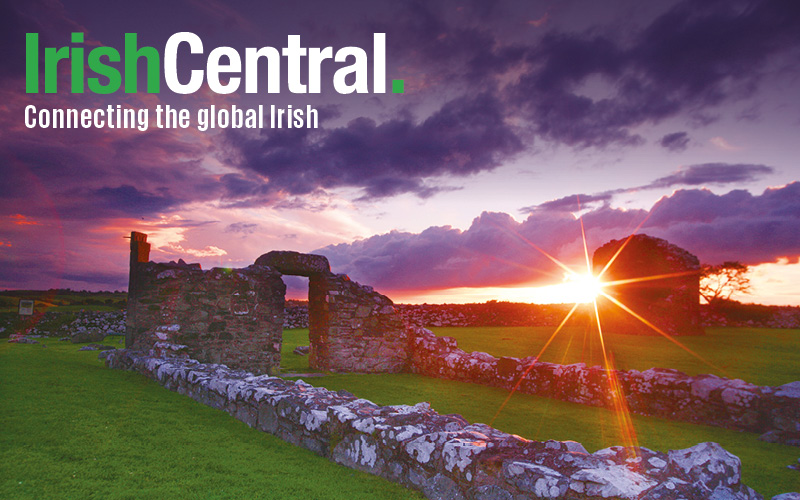SEE PHOTOS - Bill Doyle's Moments in Irish Life - click here
Bill Doyle, one of Ireland’s most celebrated photographers, was an artist of another time. Doyle, who recently died at 85, was frequently compared to the French photographer Henri Cartier-Bresson, whose “decisive moment” approach to photography he mirrored in his mostly black-and-white shots of day-to-day life in the Irish countryside, on the Aran Islands and in the streets of Dublin. Accordingly, his photographs are spontaneous and natural. Instead of staging multiple takes or altering his images in the darkroom, Doyle found his inspiration in things as they were. He used his lightning-fast reflexes to capture everything from a traditional Aran Island funeral procession to a Dublin boy looking back in delight at a passing girl to an old man taking a deep gulp of a pint. As Cartier-Bresson put it: “In photography, the smallest thing can be a great subject.”
Born in Dublin in 1925, Doyle grew up in the Marino area and lived in the city his whole life. After attending a commercial college on St. Stephens Green, he first worked for a ship chandlers firm and then as an insurance salesman until he began earning money for his photographs. Doyle’s first subjects as a professional were babies at the Rotunda Hospital, where he was paid to take photos of the newborns. His art, however, mostly took him outside, on journeys around Ireland – usually with either a Leica or a Rolliflex camera. An avid traveler, he also visited Spain, Norway, Sweden, France, Italy and Kenya, but his lens remained particularly focused on Ireland.
Doyle’s first breakthrough came in 1967, when he submitted photographs he had taken on a cycling trip through Portugal to the Daily Telegraph Photographer of the Year Award – and won. After that, Doyle spent the rest of his life working as a freelance photographer and went on to publish many bound collections, including Ireland of the Proverb (1995), The Aran Islands, Another World (1999), Images of Dublin, A Time Remembered (2001) and Bill Doyle’s Ireland (2007). His work was exhibited around the world: in the United States, England, Australia and Japan, and, of course, throughout Ireland – most recently in a 2008 retrospective at Dublin’s Gallery of Photography (which, with the permission of Doyle’s daughter Lesley provided us with the images presented here.) A short documentary about Doyle’s life and work, which includes a 2010 interview, will soon be released by the gallery.
Doyle once said, “I feel a certain responsibility to record the timelessness that still exists in this country.” And record it he did, in his shots of what were once quotidian moments in Irish life: fishermen conferring over currach boats, a parish priest solemnly baptizing a group of bundled infants, children driving an improbable horse and cart through the streets of Dublin, and hundreds more. But Doyle’s photographs are not, by any means, timeless. In fact, they are even more important for not being so. They are portals to a life and time that Doyle knew were fading in his day and are fading faster still in ours. They are works of art and they are pieces of history.
Doyle, who died on November 24, 2010, is survived by his daughter Lesley and brother John.




Comments